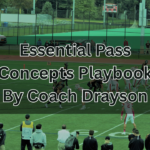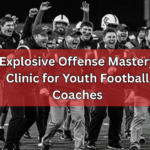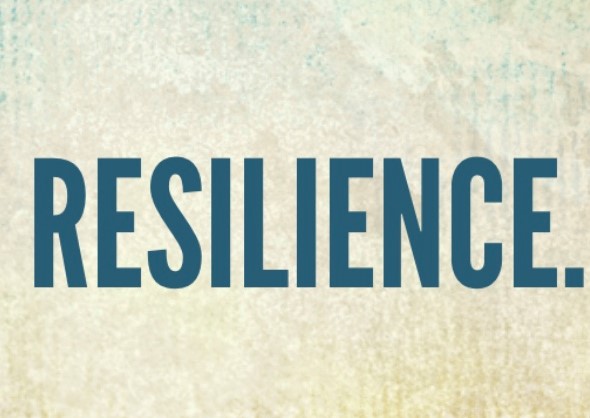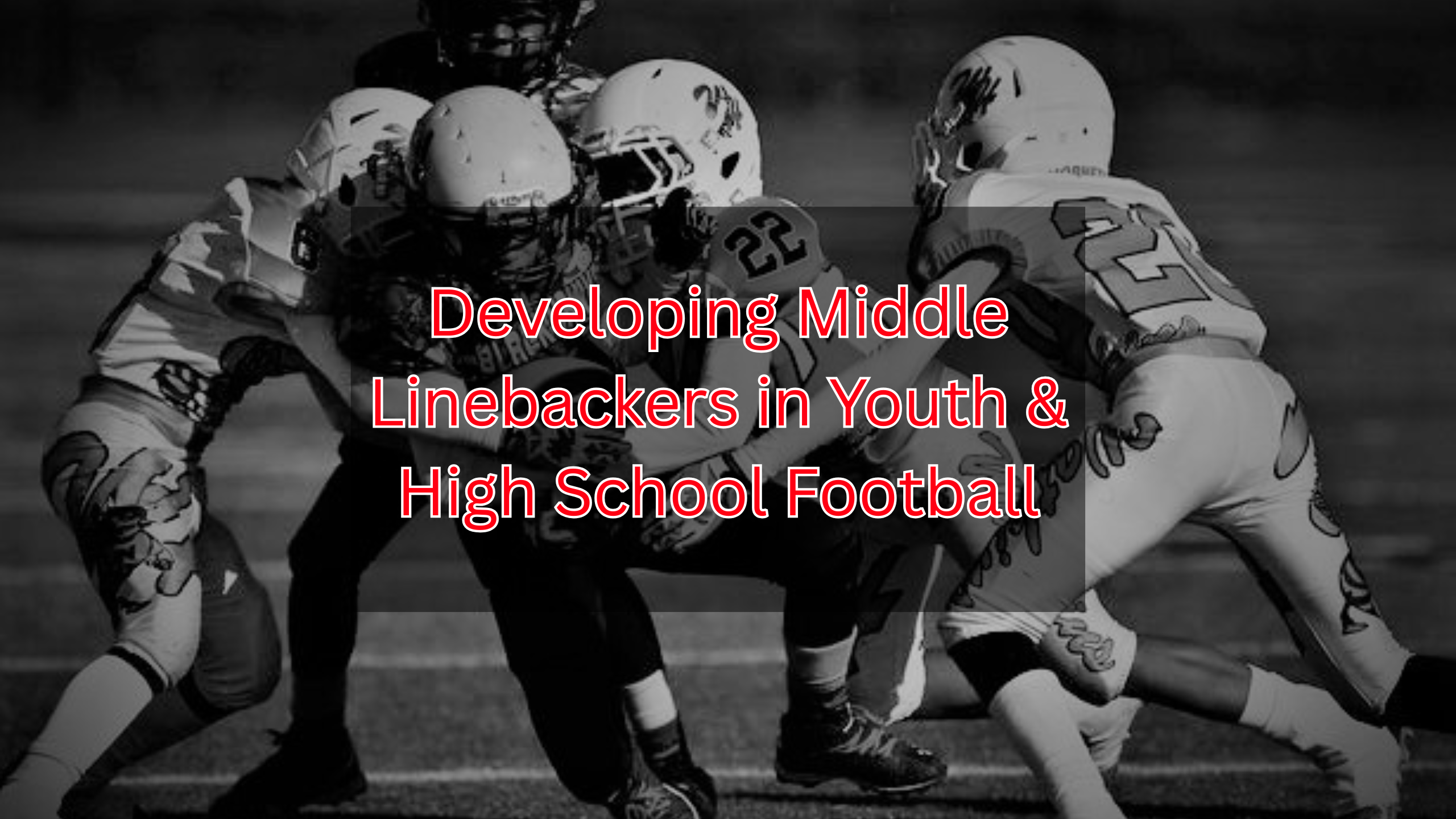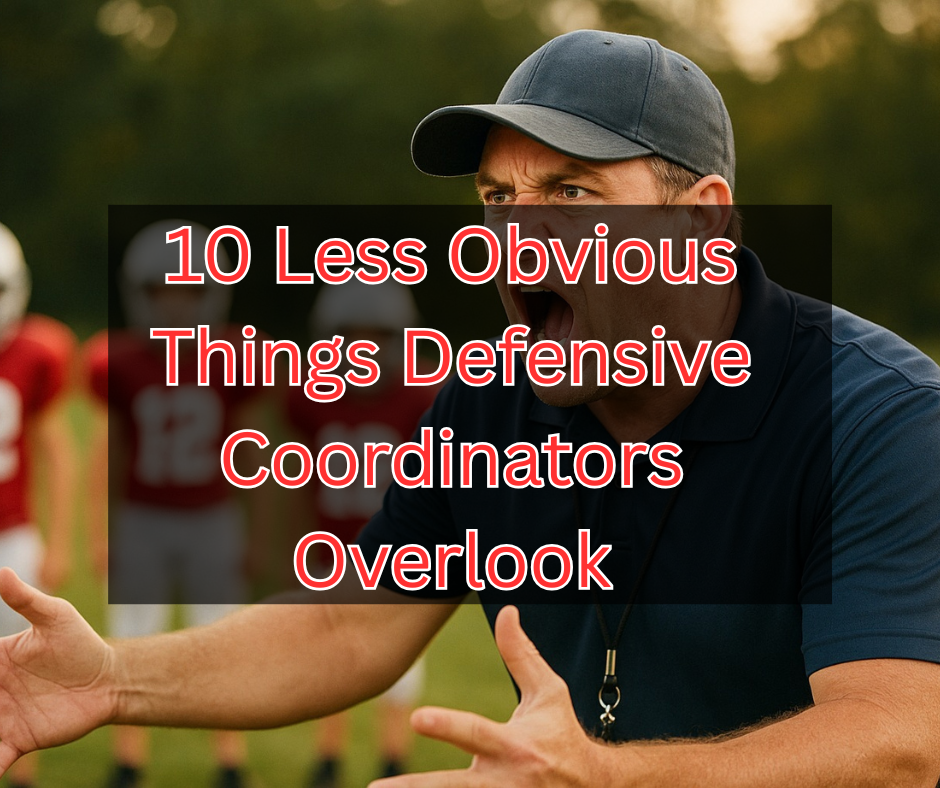Q & A on Sports Anger Management with Dr. Mitch Abrams
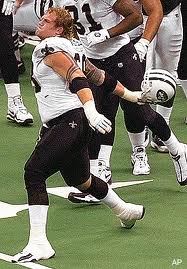
Sports Anger Management with Dr. Mitch Abrams
A Michigan State University commitment from Detroit- quarterback Jayru Campbell– was recently arrested after a video implicated him in an assault against a school security guard. This sudden burst of anger could cost this young man his commitment and scholastic aspirations. How do your kids deal with anger? YFO asked renowned anger management expert Dr. Mitch Abrams for tips on how youth athletes can keep their cool.
YFO: What are good stress relievers for student athletes?
Dr. Abrams: Probably the most important thing to remember about stress management for athletes is to learn skills before you need them. Many people want to implement a plan when they’re feeling overwhelmed, but this is like swimming upstream because by the time you realized you are stressed, it is already pretty overwhelming and difficult to undo. It is much better to learn strategies and use them regularly to keep your baseline stress lower, and thus easier to keep in check. Methods to relieve stress include: exercise (though don’t use striking exercises – like hitting the heavy bag – when you’re stressed or angry because you will feel better afterwards, but then you will reinforce punching and kicking when you’re angry. This can cause other problems when you are stressed and don’t have a bag handy, but your coach or teammate is in striking distance. Similarly, relaxation technques such as breathing exercises and progressive muscle relaxation are great, as well as using imagery/visualization, distraction techniques such as watching a movie or reading a book or just giving yourself some time to good off, and music is VERY powerful in adjusting moods and relieving stress.
Dr. Abrams: Student athletes should talk to anyone. There is so much stigma associated with anger (if you don’t believe me, ask someone why they’re angry and they’ll yell at your that they’re not) and even more in talking to a counselor, that you want them to start getting comfortable talking to anyone about their anger. However, many people aren’t equipped in understanding anger problems…in fact, many sport psychologists don’t have much training in this particular area. I actually train sport psychologists on my model…to try to increase the number of professionals that can help. Also, sometimes, there are deeper seated issues that contribute to their anger. Sometimes depression can come out looking like anger. Burnout, overtraining and recovery from injury can lead to anger. Relationship problems. Difficulties with their parents or friends. Not getting enough playing time. There really are so many causes. I would start by getting them talking…to each other, to their coaches, to their parents. It is also important though to know professionals near you that you can refer to if you need to.
Dr. Abrams: The simplest answer is that they can have problems because they’re human and many, many people struggle with anger problems. It is not an athlete thing. In fact, they may be more at risk because people assume they are emotionally healthy because they are physically healthy. That said, student athletes may be have problems, besides the reasons listed above, because they have unique demands. Training schedules require time management skills that adults would struggle with. They have less time to play and socialize and decompress, which also contributes to the problems. School demands also can be rough. Therefore, it is somewhat miraculous that student-athletes manage as much as they do so well. Some will struggle. Some will struggle with anger. It’s okay. It is normal to get angry from time to time…and they can be taught to manage their emotions better. Also, it is important to consider that many student-athletes deal with anger the way the were taught. Coaches and parents who get angry easily and yell and scream and don’t model emotional composure may be contributing to an environment that reinforces acting out.



